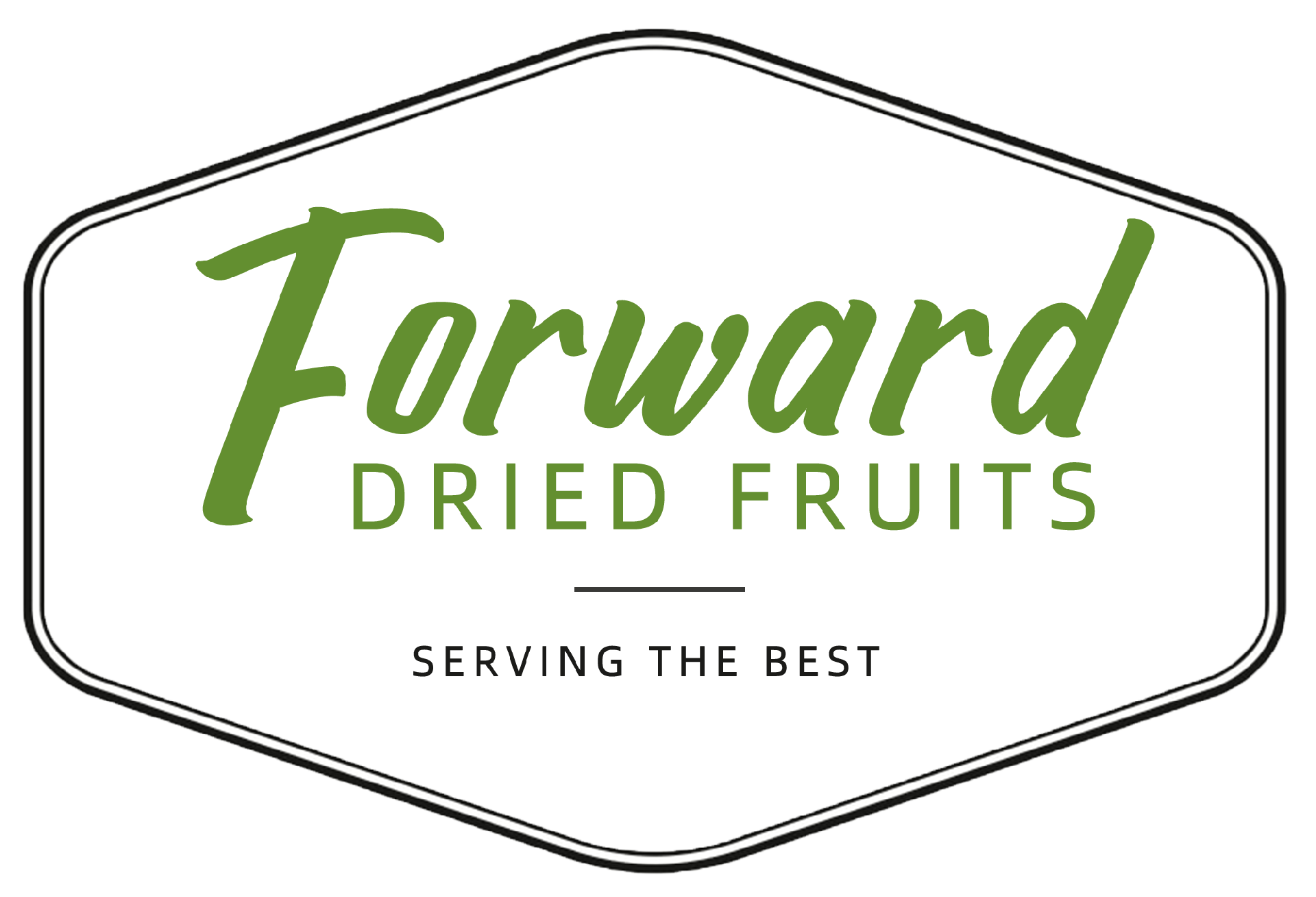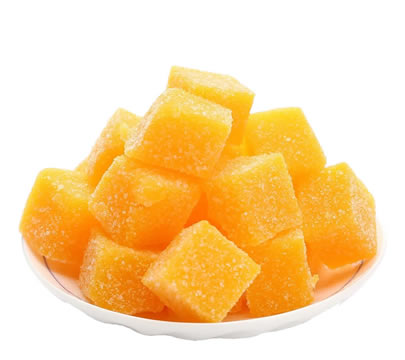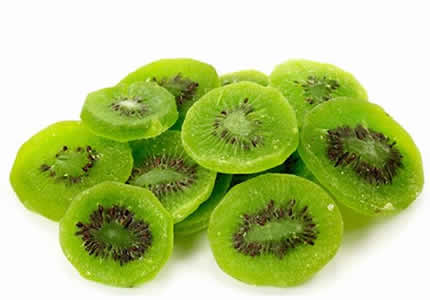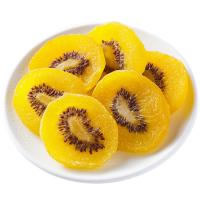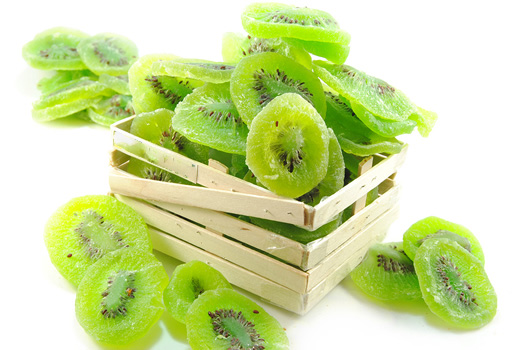
Dehydrated fruit is easy to pack, store and eat, offering busy people a convenient way to get good nutrition. The dehydration process removes much of the water content from kiwi slices, making them denser, chewier and richer in nutrients per gram, but it also makes them higher in calories, sugar and fat than a raw kiwi. If you are watching your intake of certain nutrients, read the labels to see how dried fruit compares to raw fruit.
Kiwi History
People have been eating kiwi for more than 300 years. The fruit originated in China, where, according to Purdue University, it was named yang tao, meaning strawberry peach. Europeans, who thought it resembled a gooseberry, called it a Chinese gooseberry. When people in New Zealand began to grow kiwis, they named the fruit after a bird called the kiwi, hoping that the name would make kiwis more appealing to consumers. Today, kiwis are sold around the world as a rich source of vitamin C and other nutrients.
Vitamin C
Although it is small, one kiwi contains more vitamin C than three oranges. The exact amount in a serving of dried kiwi depends of the variety of the fruit used, according to The Natural Food Hub, but because the nutritional properties of dried kiwi are concentrated, dried kiwi always has more vitamin C per gram than it had before it was dehydrated. The United States Department of Agriculture's Nutrient Database lists a typical kiwi as providing approximately 64 milligrams of vitamin C, or about 151 percent of the amount you need each day, per serving. Some varieties, such as the Bruno kiwi, provide as many as 140 milligrams per serving.
Other Vitamins and Minerals
According to the California Kiwifruit Commission, a serving of kiwi contains more potassium than a banana. With about 215 milligrams per serving, adding kiwi to your breakfast can help keep your body's sodium levels at bay and your blood pressure down. Two kiwis provide 30 milligrams of magnesium, which helps your nerves function properly, and more fiber than a bowl of bran cereal. Kiwis also contains the phytochemical lutein, which helps prevent vision loss, and 10 percent of your recommended intake of folate, a vital nutrient for pregnant or nursing women. Although few fat-free foods offer a rich source of the cholesterol-lowering antioxidant vitamin E, kiwi contains about a milligram per serving.
Calories and Fat
One kiwifruit contains about 42 calories and less than .36 grams of fat. Although a 1.8-ounce serving of dried kiwi contains approximately 180 calories, its fat content remains negligible at only half a gram. Because it is dense in nutrients and virtually fat-free, dried kiwi is a healthy and reliable source of quick energy.
Sugar
The American Heart Association recommends that men keep their daily sugar intake below 36 grams and that women limit it to 24 grams per day. One raw kiwi contains about 6 grams of sugar. With a glycemic index of 52, it is considered a safe, low-carbohydrate food for diabetics. When it is sliced and dried, the sugar content increases to approximately 23 grams per serving. Dried kiwi is generally coated with granulated sugar. If you are on a sugar-restricted diet, eat raw kiwi rather than dried. If you do eat dried kiwi, eat half a serving rather than a full serving and pair it with a low-sugar fruit such as raspberries, which have 5.5 grams of sugar per cup, or a grapefruit, which contains about 9 grams.
Xi'an Forward Trading Company is processors, packagers and distributors of dried kiwi we have established long business cooperation with 31 dried kiwi planters, covering165hectare of dried kiwi orchards in Shaanxi Province, China. If you are intrested in dried kiwi and would like to lean more, welcome to contact us @ email: sales@driedfruitsnack.com and WhatsApp: +8618616568786.
